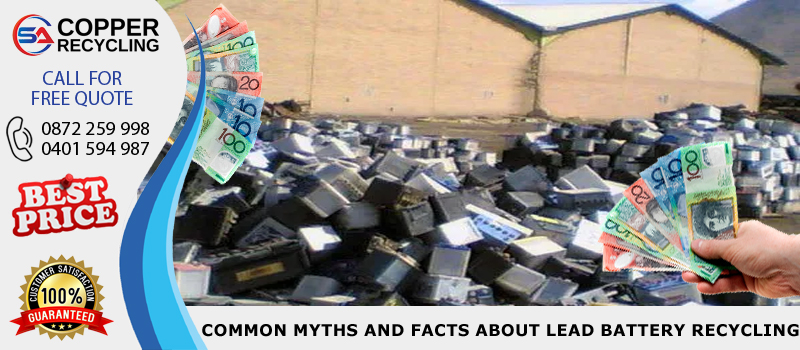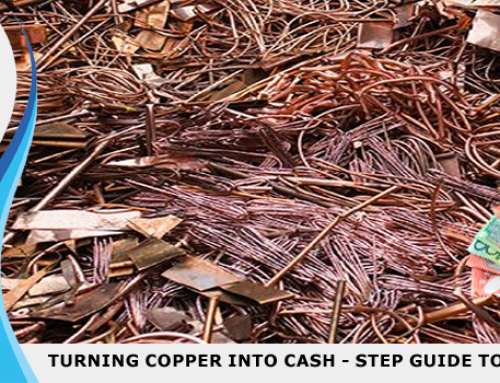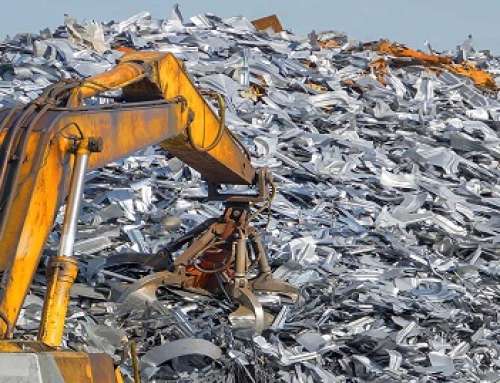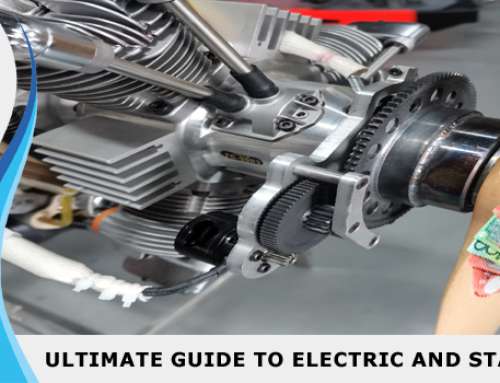Lead battery recycling is a crucial process that helps reduce environmental impact and promotes sustainability. However, there are many myths surrounding lead battery recycling that can create confusion. In this blog, we will explore the common myths and facts about lead battery recycling in Adelaide, shedding light on the importance of proper recycling methods. This knowledge will not only benefit the environment but also help you make informed decisions when dealing with scrap lead in Adelaide and taking advantage of services offering cash for scrap metals in Adelaide.
What Is A Lead Battery?
A lead battery, also known as a lead-acid battery, is a type of rechargeable battery that has been widely used for over 150 years. It consists of lead dioxide and sponge lead plates submerged in sulfuric acid, which acts as an electrolyte. These batteries are known for their high power output and reliability, making them ideal for various applications such as automotive starters, backup power supplies, and renewable energy storage.
Despite their age, lead batteries continue to be popular due to their durability, cost-effectiveness, and the ease with which they can be recycled, contributing to environmental sustainability.
Facts About Lead Battery Recycling
If you are a scrap vehicle recycler, it is vital to know about the lead batteries. We will help you to offer the highest cash.
- High Recycling Efficiency – Lead batteries are among the most recycled consumer products in the world. The recycling process for lead-acid batteries boasts a high-efficiency rate, with over 95% of the battery materials being recoverable and reusable. This includes lead, plastic, and sulfuric acid. The recovered lead can be used to produce new batteries & significantly reducing the demand for virgin lead mining.
- Environmental Benefits – Recycling lead batteries has significant environmental benefits. It prevents hazardous materials from ending up in landfills, where they could seep into the soil and groundwater, causing contamination. Proper recycling ensures that these materials are safely handled & reused. Thus protecting our natural resources and ecosystems.
- Economic Advantages – Recycling lead batteries not only helps the environment but also offers economic benefits. The recovered lead and other materials can be sold & reused in various industries. Additionally, businesses in Adelaide offering cash for scrap metals provide financial incentives for individuals and companies to recycle their lead batteries, turning waste into a valuable resource.
- Regulatory Compliance – In Adelaide, as in many parts of the world, there are strict regulations governing the disposal and recycling of lead batteries. Compliance with these regulations is essential for businesses and individuals to avoid legal penalties and contribute to environmental sustainability.
Myths About Lead Battery Recycling
Here is the list of myths about lead battery recycling:
Myth: 1 – Lead Battery Recycling is Not Safe
One of the most common myths is that lead battery recycling is unsafe and poses significant health risks. While it is true that improper handling of lead batteries can be dangerous, regulated recycling facilities in Adelaide. Follow stringent safety protocols to protect workers and the environment.
Myth: 2 – It’s Better to Dispose of Lead Batteries in Landfills
Some people believe that disposing of lead batteries in landfills is a safer option than recycling. This is a dangerous misconception. Lead batteries contain toxic materials that can leach into the environment if not properly managed. Recycling, on the other hand, ensures that these hazardous materials are safely contained and reused, preventing environmental contamination.
Myth: 3 – Certain Parts of a Lead Battery Can Be Recycled
The common myth is that only specific parts of a lead battery can be recycled. In reality, almost all components of a lead battery are recyclable. This comprehensive recycling process significantly reduces waste and supports the production of new batteries and other products.
Myth:4 – Recycling Lead Batteries is Not Economically Viable
Some individuals believe that recycling lead batteries is not economically viable and that it costs more than it benefits. However, the opposite is true. The value of recovered materials, combined with the financial incentives provided by services offering cash for scrap metals in Adelaide, makes lead battery recycling an economically sound practice. It generates revenue, reduces costs associated with raw material extraction, and supports sustainable industry practices.
Conclusion
Understanding the facts and dispelling the myths about lead battery recycling is essential for promoting environmental sustainability and making informed decisions. In Adelaide, efficient recycling processes, stringent regulations, and economic incentives contribute to a successful and safe recycling industry. By participating in lead battery recycling, you help protect the environment, conserve resources, and benefit financially from services offering cash for scrap metals.





